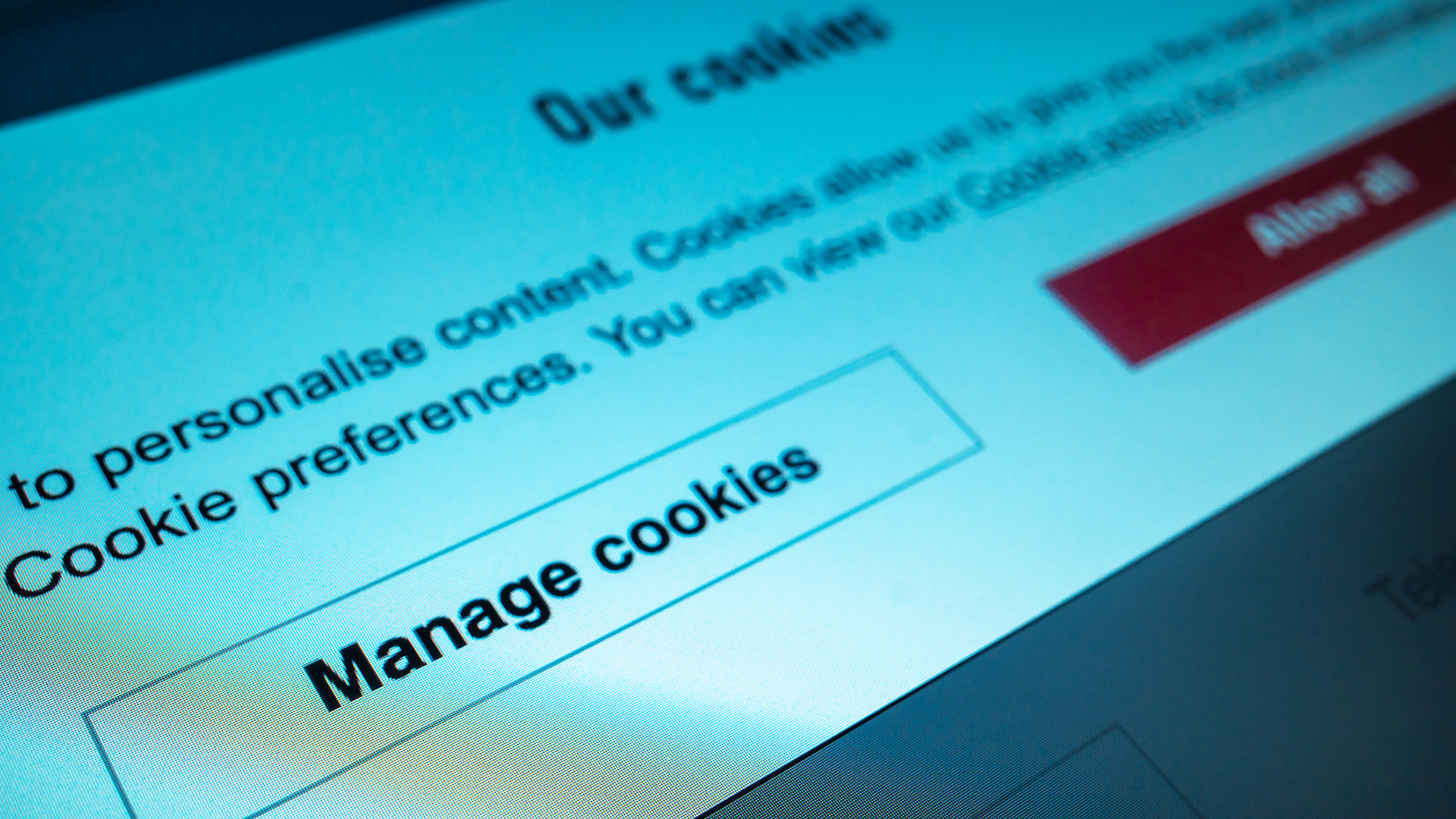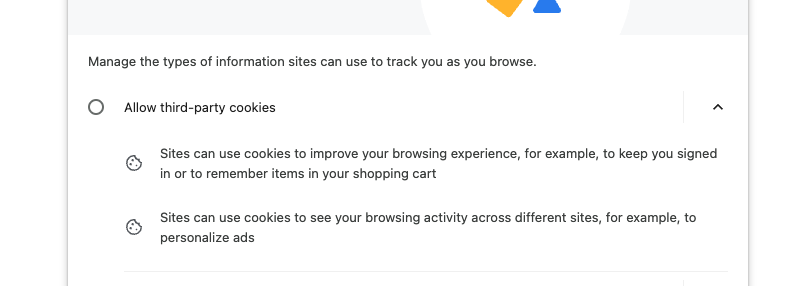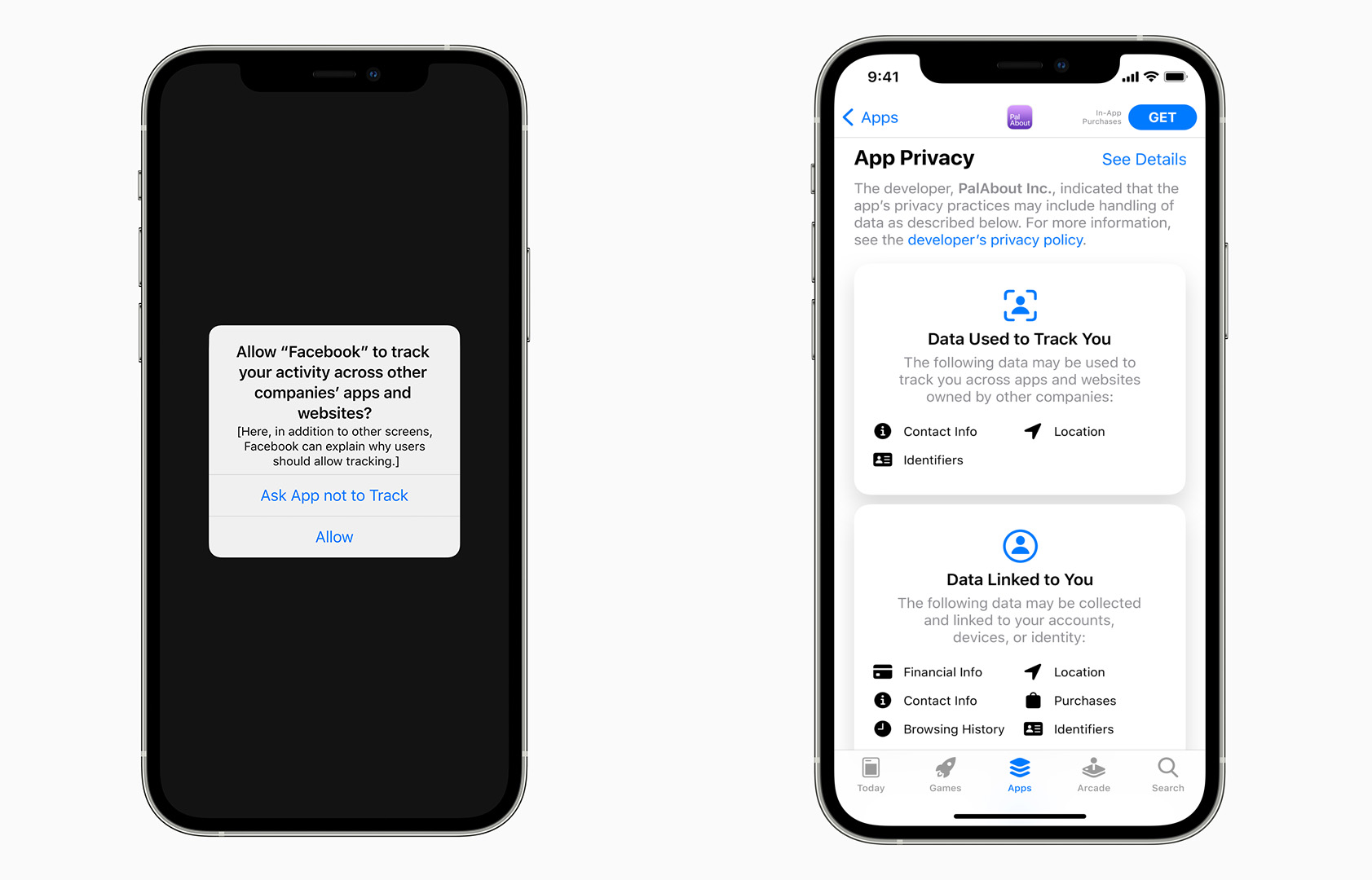
Google is putting the brakes on third-party cookies in Chrome, the world’s most popular web browser, starting next year. As you’re probably aware, these data files, placed on our browsers by websites other than the one we’re visiting, track our internet activities in often intimate detail. The files are sold to advertisers who, when we visit a new site, can target us with ads based on the data.
Google’s decision is part of a much wider trend. Firefox and Safari withdrew support for third-party cookies in 2019 and 2020 respectively, and Chrome already allows you to opt out in the settings. And, as the information in cookies can be used to identify you, the EU’s and UK’s General Data Protection Regulations (GDPR) require you to grant consent to them through those annoying pop-ups.
Third-party cookies, once the lifeblood of digital ad targeting, look like they’ll soon be extinct. It won’t all be good news. While Google, and for that matter Facebook and Amazon, are pulling up the drawbridge to satisfy privacy concerns by blocking third-party cookies, they’ll still have all the first-party information about you gathered on their own sites and they’ll still be able to sell it to advertisers if you give them permission, albeit in less targeted form. Advertisers will not find the aggregated data so useful, while the fact they’re still collecting the information means those annoying pop-ups look likely to remain.

The main way companies and consumers may benefit, though, is that the advertising industry will adapt and become more effective. Rather than relying on targeted ads, companies will engage with customers visiting their websites more directly, and in new ways, helped by advances in AI and machine learning.
I spoke with John Regan, CEO of Electric Guitar, one of the companies helping businesses navigate this new marketing landscape. He uses the metaphor of a tailor to explain the advantages of a first-party experience.
“When a tailor measures you, there are three advantages. It’s transparent: you know the data you’re giving away. You’re getting value for it – your clothes fit better. And it’s a one off – the tailor may keep your measurements but only so you can buy another suit.

“The third-party version is someone breaks into your house to measure your clothes and then turns up with a suit they’ve made from your stolen measurements asking: ‘would you like to buy it?’ That’s what was happening before privacy concerns appeared.”
Rather than annoying ads that follow you around the internet, you’ll soon be getting information and features directed to you personally. Companies will be able to predict what you want, and through techniques like pre-emptive stocking and automated delivery, provide it more conveniently.
AI chat will identify just the car you need to blow away the cobwebs of a mid-life crisis, suggest decorative themes for your home or find just the right camera and software to revolutionise your photography. It’ll be a trade off with privacy but one with such obvious benefits you’ll want to use it. For many consumers, the replacement for third-party cookies might prove more irresistibly palatable.






